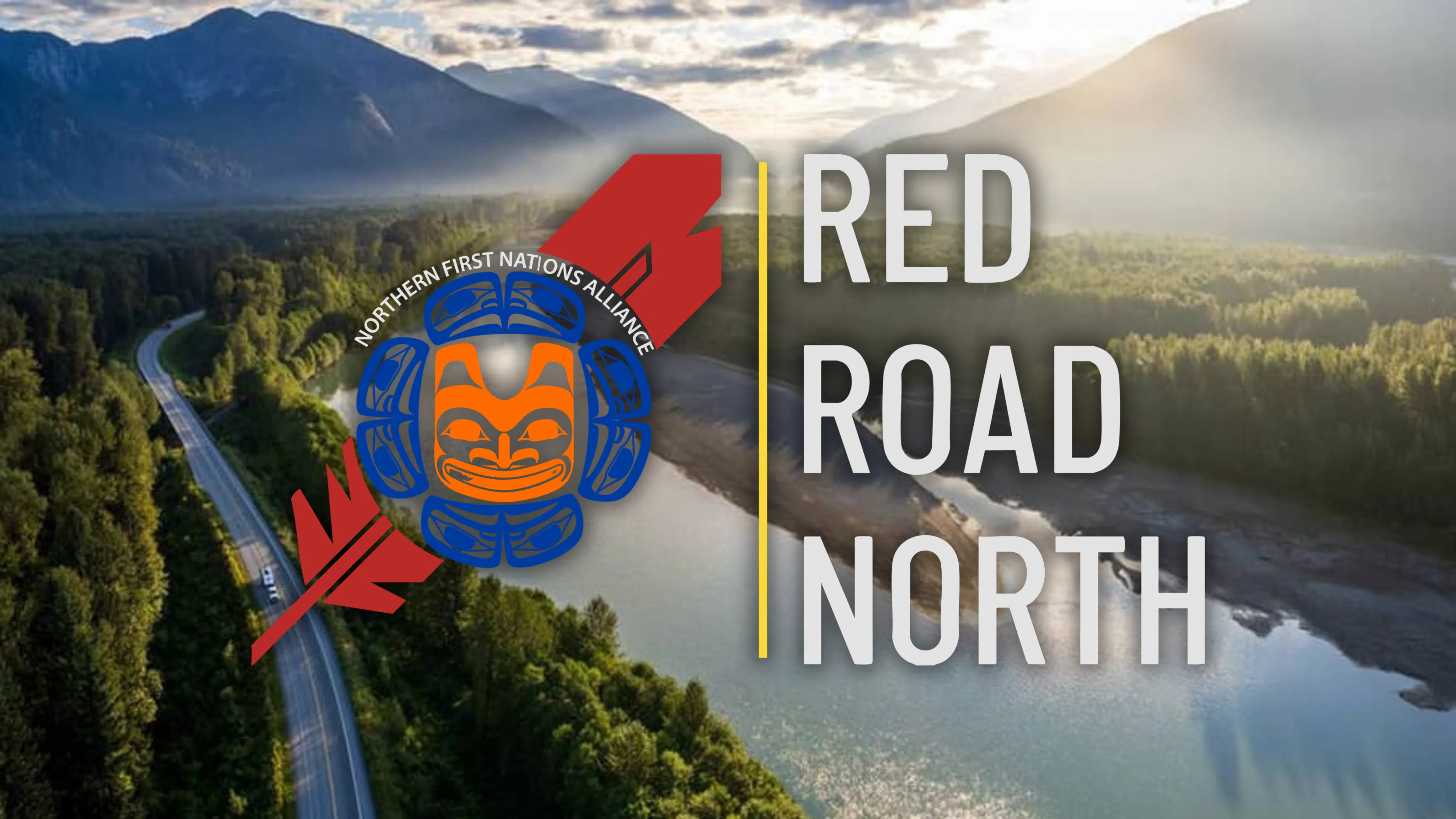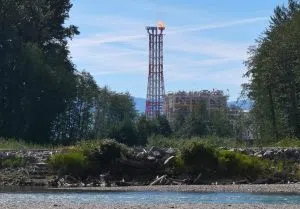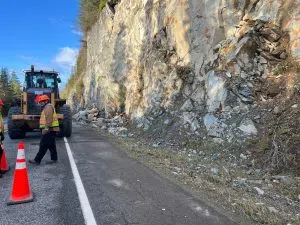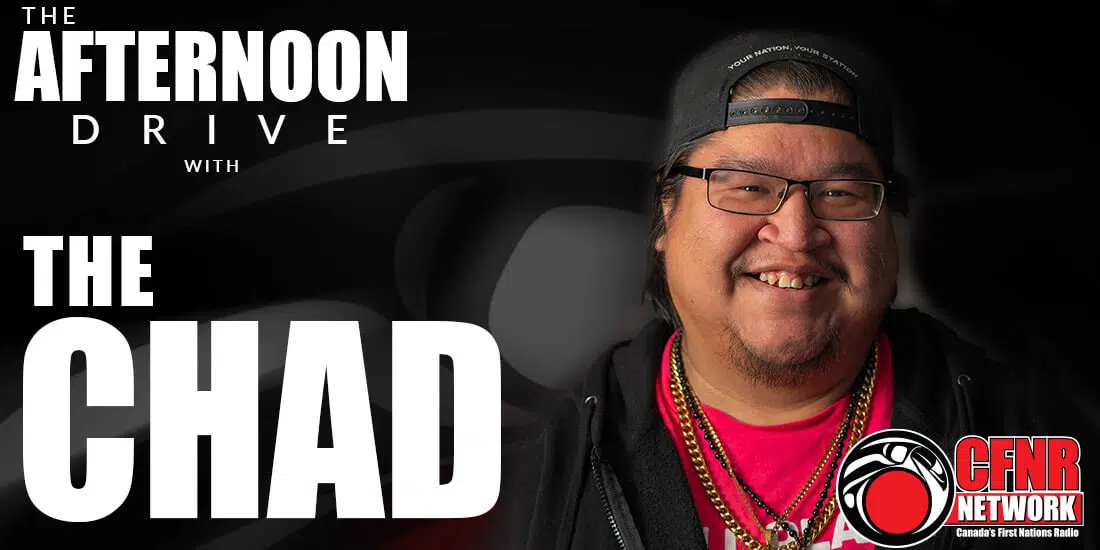In a powerful step toward promoting Indigenous-led healing and recovery, the Northern First Nations Alliance (NFNA) has announced the acquisition of a property that will soon become a culturally grounded land-based wellness resort. This transformative initiative aims to provide Indigenous individuals in Northwest BC with a supportive space for healing, recovery, and personal growth, set against the serene backdrop of the Skeena River.
The new wellness resort will feature a 90-day residential recovery program that integrates traditional Indigenous teachings, land-based healing practices, and trauma-informed care. The program, made possible through the collaboration between NFNA and Red Road Recovery, offers a holistic approach to addiction recovery, one that is deeply rooted in culture and community.
At the heart of this initiative is Red Road Recovery, an organization founded by Scott Tremblet and his partners, all of whom have lived experience with addiction. With a focus on blending evidence-based recovery therapies with Indigenous cultural practices, Red Road Recovery has seen immense success in helping individuals reclaim their lives.
“We use the biopsychosocial model of recovery, pairing it with traditional Indigenous programming and the 12-step method,” Tremblet explains. “The success of this model lies in its ability to honor both modern science and traditional knowledge.”
Red Road Recovery has expanded its reach across BC, with centers in Sorento, Lumbee, and Salmon Arm, and has now turned its attention to the North. The new wellness resort in Northwest BC will be their flagship land-based program, with the potential for future expansion.
What sets this program apart from mainstream addiction recovery methods is its emphasis on cultural relevance and land-based healing. The wellness resort will incorporate a range of traditional practices, including sweat lodges, medicine wheel teachings, arts and crafts with elders, and ceremonies such as drumming and water rituals. These practices are designed to reconnect participants with their heritage and the land, helping to foster a sense of belonging and identity that is central to the healing process.
As Tremblet notes, “It’s the cultural aspect that sets our program apart. It’s the strength of those teachings that have brought us so much success in our other centers, and we’re eager to bring this to the North.”
Central to the program’s success is its focus on trauma-informed care. All staff members at Red Road Recovery are certified and trained in trauma-informed approaches, ensuring that participants are supported in a safe, compassionate environment. This is particularly important for individuals who have experienced systemic harm or trauma.
Tremblet emphasizes the importance of lived experience in the recovery process. Many of the counselors at Red Road Recovery, including Tremblet himself, have walked the same path as the participants, which he believes is essential in building trust. “When you sit with someone who has lived through the same struggles, it makes all the difference. There’s an immediate connection and understanding.”
In keeping with the spirit of this Indigenous-led initiative, the program will prioritize hiring Indigenous staff and offering job opportunities to local communities. Red Road Recovery is actively recruiting, and Tremblet stresses that employment opportunities will be offered first to local Indigenous peoples. This is an important step in ensuring that the community plays an active role in the healing process and that participants see their own culture and values reflected in the staff who support them.
This wellness resort is just the beginning. While the facility will initially offer 12 beds, Red Road Recovery has big plans for the future. “We have a vision to expand this program and bring our services to other parts of BC, and even across Canada,” says Tremblet. The hope is to create a network of wellness centers that will support Indigenous peoples in their healing journeys, restoring balance and connection through culture, community, and the land.
For those currently struggling with addiction or trauma, Tremblet offers a message of hope: “You are not alone. We’ve been in your shoes, and we can help. There is another way, and we’re here to walk with you.”
As the Northern First Nations Alliance and Red Road Recovery work together to bring this project to life, they are laying the groundwork for a future where healing is not only possible but is rooted in the strength and resilience of Indigenous culture.
This new land-based wellness resort in Northwest BC is not just a recovery center—it’s a place for transformation, empowerment, and the reclamation of wellness through culture, community, and connection to the land.
For more information about this initiative or to learn how to get involved, visit the Northern First Nations Alliance or Red Road Recovery websites.
CFNR’s Sabrina Spencer chats with Scott Tremblett, CEO & Executive Director of Red Road Recovery LTD on a recent expansion in Northern BC.










Comments